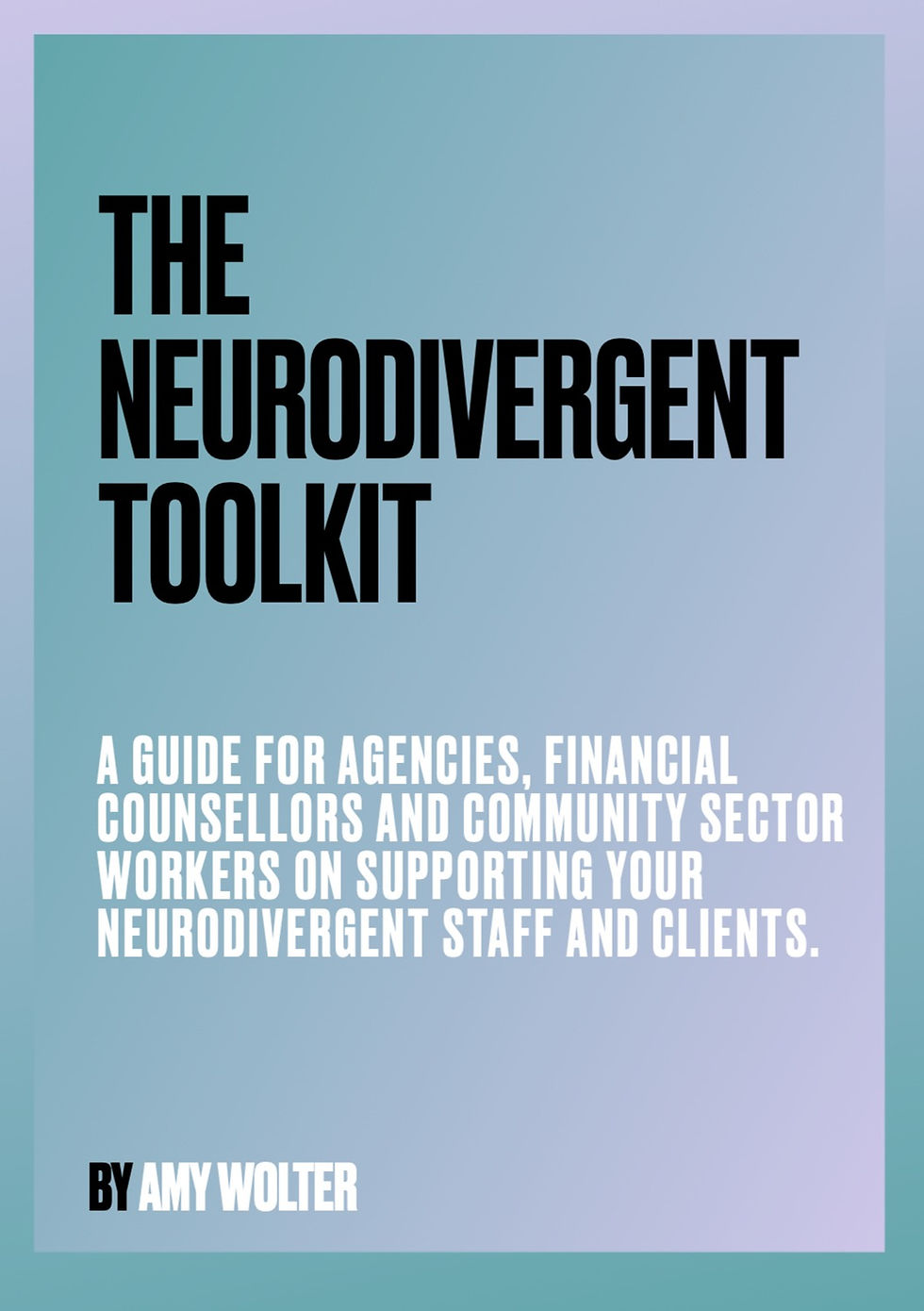To mask, filter or both?
- Amy Ferguson
- Sep 4, 2024
- 2 min read
It turns out that masking comes quite naturally to me. It's a little like I have a handbag of personalities slung over my shoulder and I can rustle through the bag that's now well worn and work out which mask is going to work best for the situation I find myself in at the time.
These masks get pulled out and put on and fit like a glove. Once that mask has been established, it can be packed away and pulled out on command - what a skill!
I recently had to pull out an old mask that had not been worn for some time and I felt shocked at how well it fit, and how easily I slid back into the person who wore this all those years ago. Things got complicated when some people in the room knew the less masked-up me. How should I manage the sudden feeling of being torn between the old me and the unmasked me?
So, if you are not familiar with autistic masking - you might be familiar with filters. The verbal kind, where you apply filters to the things you say depending on who you are with and where you are. For example, we use one type of filter when we are with children, and simplify our language, or when with work colleagues, we might try and use words like, 'organic' or 'drill down' or 'I've just put some time back in your diary' kind of lingo. With our friends and partners, we might have a whole different language that only those around us understand.
So the question arose - for neurodivergent people, how do masks and filters work together? How aware are you of your masking versus filtering behaviours?
There was only one way I could answer this question for myself.... with a rubric!
Let me know what you think!





Comments